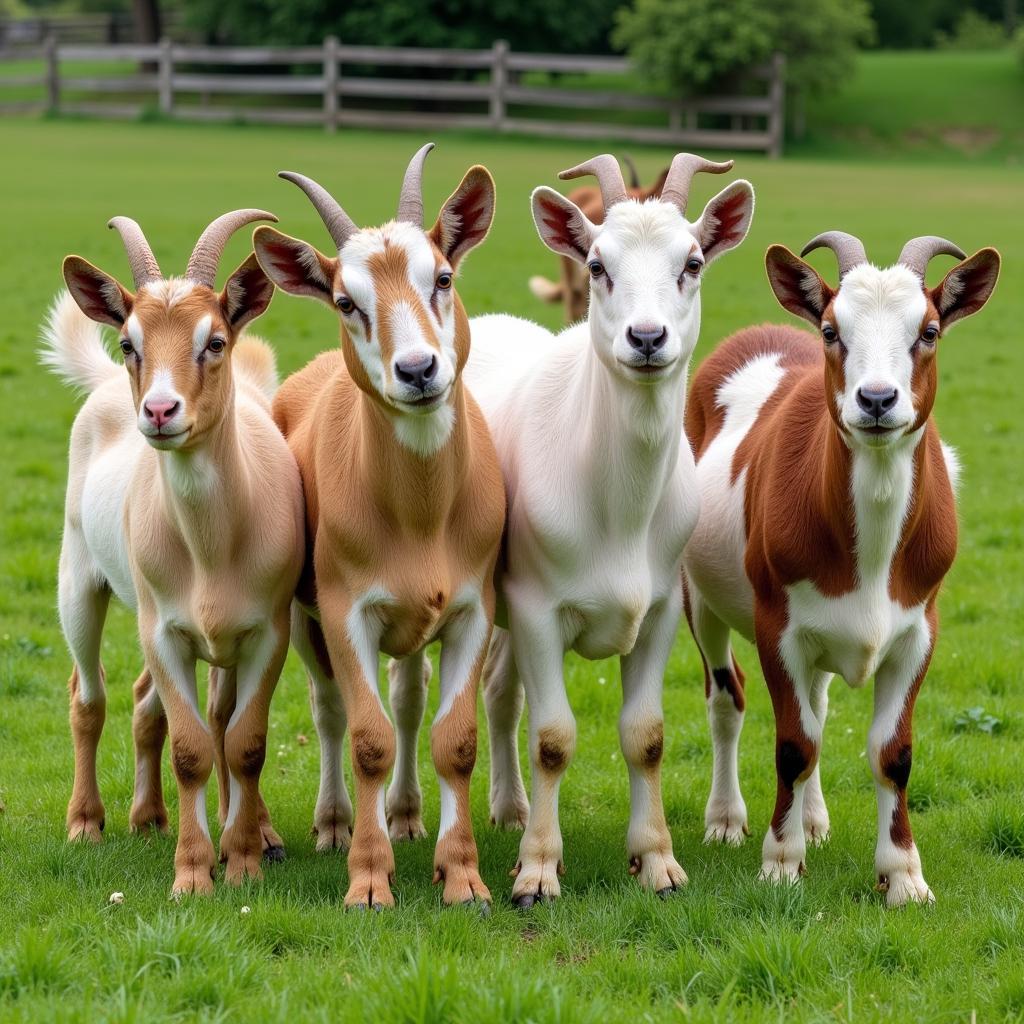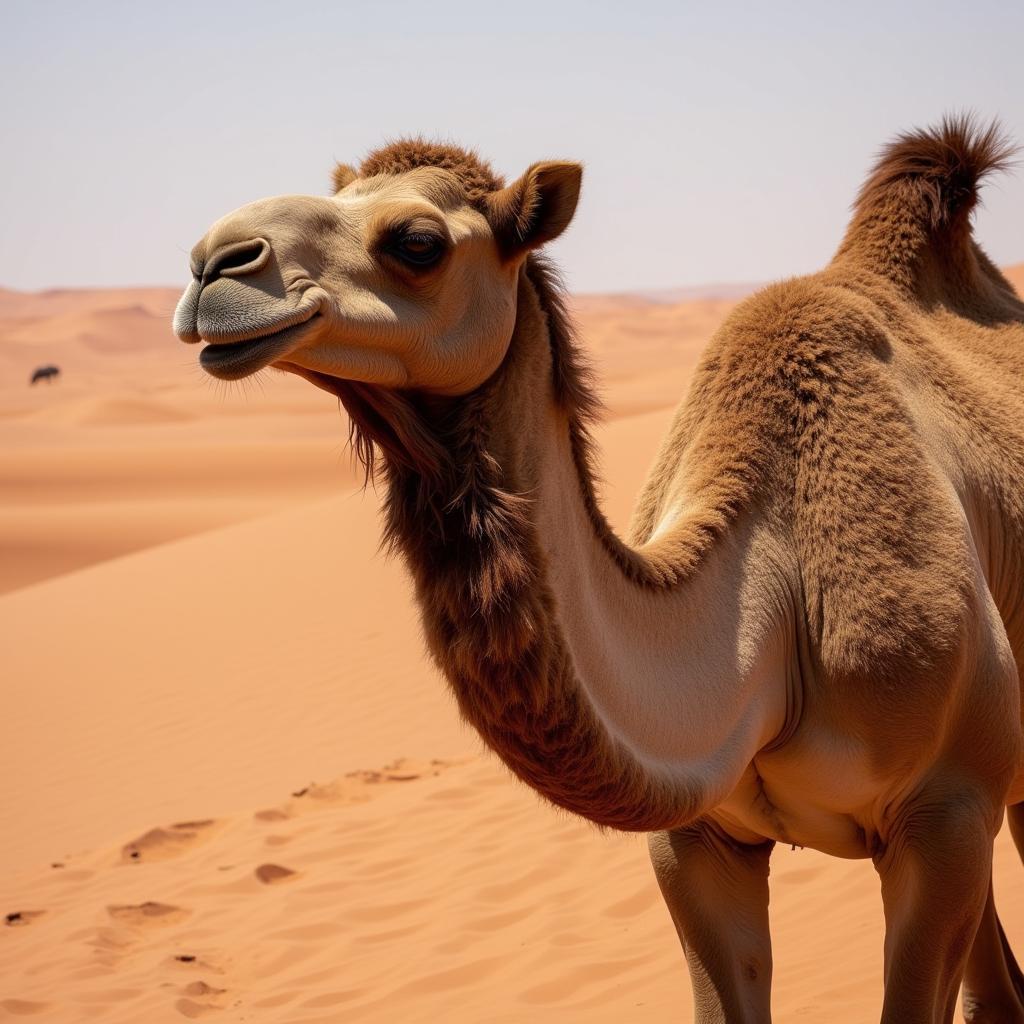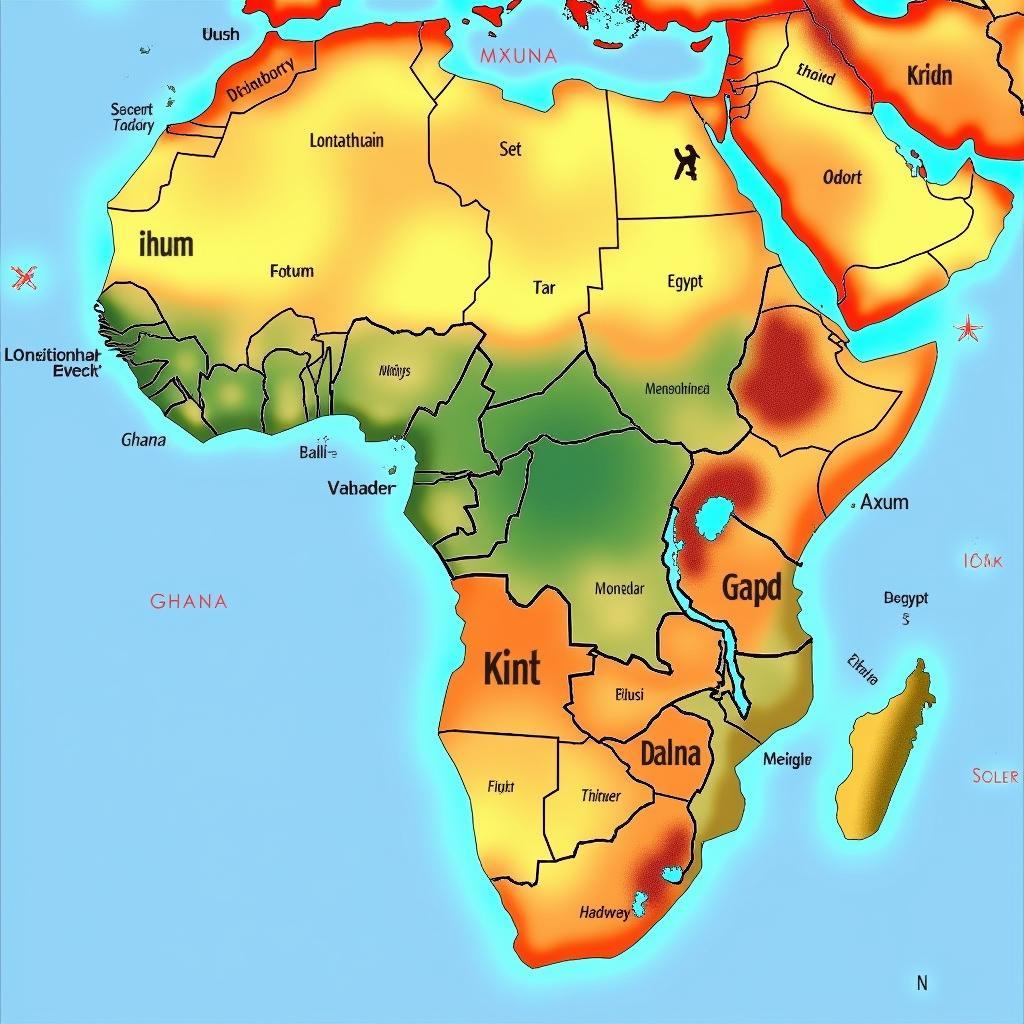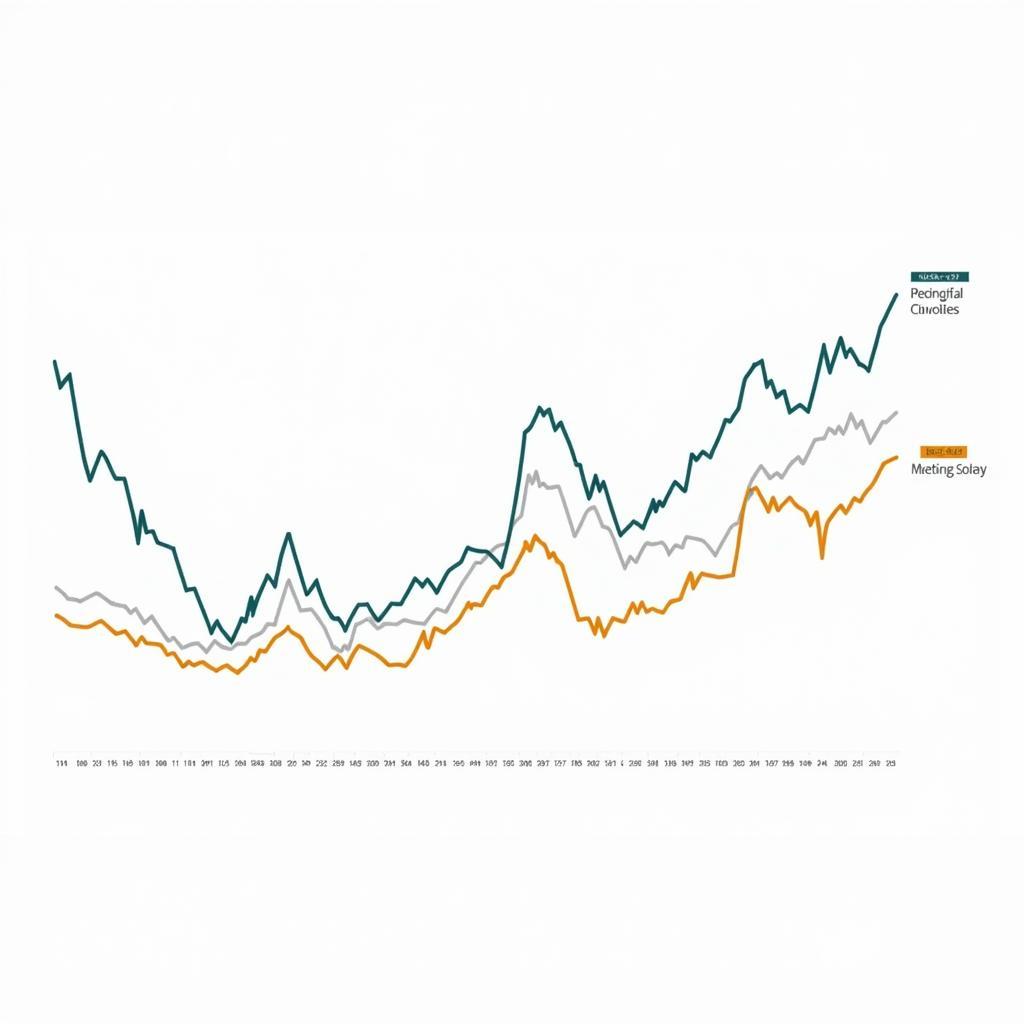African Boer Goat Wiki: A Comprehensive Guide
The African Boer Goat Wiki is your gateway to understanding this remarkable breed. From its South African origins to its global impact, this article dives deep into the world of the Boer goat, covering its history, characteristics, farming practices, and economic significance.
History and Origins of the Boer Goat
The Boer goat, meaning “farmer’s goat” in Afrikaans, originated in South Africa in the early 1900s. It’s believed to be a descendant of indigenous goats crossed with European and Asian breeds. The breed was selectively bred for meat production, resulting in its characteristic muscular build and fast growth rate. This focus on meat production quickly established the Boer goat as a valuable agricultural asset in South Africa and later, internationally. African countries food showcases the diverse culinary landscape of the continent, and goat meat plays a significant role in many regional dishes.
The Boer Goat’s Journey to Global Recognition
From its South African roots, the Boer goat gained international recognition for its superior meat quality and adaptability. The breed was first exported to other African countries, then to Europe, North America, and Australia. Today, Boer goats are farmed worldwide, contributing significantly to the global meat industry. Their adaptability to various climates and their resistance to certain diseases have further solidified their place in global agriculture.
Physical Characteristics of the Boer Goat
The Boer goat’s distinctive appearance makes it easily recognizable. They typically have a white body with a red head, although variations exist. Their short, smooth coat is well-suited to warmer climates. Boer goats are known for their muscular physique, particularly in the hindquarters, reflecting their meat-producing purpose.
Distinguishing Features of the Boer Goat
What truly sets the Boer goat apart? Their rapid growth rate, excellent meat quality, and relatively high fertility rate are key characteristics. They are also known for their docile temperament, making them easier to manage than some other goat breeds. These attributes contribute to their popularity among farmers worldwide. African food items chart highlights goat meat as a staple protein source across many African communities.
Boer Goat Farming Practices
Boer goat farming practices vary depending on the region and the scale of the operation. However, certain principles remain consistent. Providing adequate nutrition, ensuring access to clean water, and implementing appropriate healthcare measures are essential for optimal goat health and productivity. Rotational grazing and pasture management are also crucial for sustainable farming.
Essential Considerations for Boer Goat Farmers
What should aspiring Boer goat farmers keep in mind? Understanding the breed’s specific needs, such as their susceptibility to certain parasites, is essential. Investing in quality breeding stock and implementing effective herd management practices are also crucial for success. Staying informed about market trends and consumer preferences can further enhance profitability. African food chart offers a visual guide to understanding the diverse food groups consumed across Africa.
The Economic Significance of the Boer Goat
The Boer goat plays a significant role in the economies of many countries, particularly in developing nations. It provides a valuable source of protein and income for farmers, contributing to food security and economic growth. The increasing global demand for goat meat has further strengthened the economic importance of the Boer goat.  Boer goats grazing peacefully in a pasture
Boer goats grazing peacefully in a pasture
“The Boer goat has transformed livelihoods in many communities, providing a sustainable source of income and contributing to economic development,” says Dr. Akinwale Ojo, a livestock specialist.
The Boer Goat’s Impact on Rural Communities
The Boer goat’s impact extends beyond its economic value. It also contributes to social development in rural communities, empowering women and providing opportunities for small-scale farmers. African dishes nairobi offers a glimpse into the vibrant culinary scene of Nairobi, where goat meat features prominently.
“The Boer goat’s adaptability makes it a valuable asset for farmers in diverse environments, contributing to both economic and social progress,” adds Mariama Diallo, an agricultural economist.
Conclusion: The Enduring Legacy of the African Boer Goat
The African Boer goat wiki provides a valuable resource for anyone interested in learning more about this exceptional breed. From its humble beginnings in South Africa to its global impact, the Boer goat continues to play a vital role in agriculture and economic development worldwide. Its adaptability, meat quality, and economic significance ensure its enduring legacy in the global livestock industry.
FAQ
- What is the average lifespan of a Boer goat?
- What are the common health issues affecting Boer goats?
- What is the ideal climate for raising Boer goats?
- What are the nutritional requirements of Boer goats?
- How can I start a Boer goat farm?
- Where can I purchase quality Boer goat breeding stock?
- What are the key marketing strategies for Boer goat meat?
For further assistance, please contact us at Phone Number: +255768904061, Email: kaka.mag@gmail.com or visit us at Mbarali DC Mawindi, Kangaga, Tanzania. We have a 24/7 customer service team.



